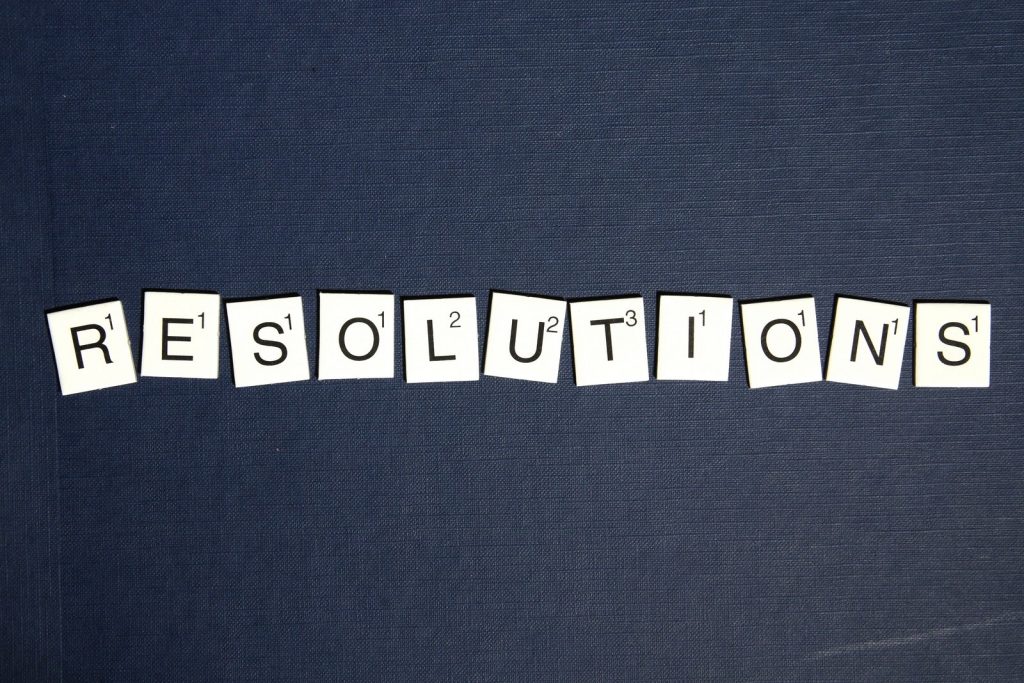New Year’s resolutions often never make it past the first couple of months of the new year. But that doesn’t mean they are pointless. In fact, setting resolutions together as a family can have a great impact on your young ones. Here are a few ways to be most successful in helping your family reach their goals for 2022.
1. Let everyone know what your goal is
If everybody in the household knows what your goal is, then they are more likely to help you achieve it or remind you of it when you fall behind.
 2. Write it down, and make a plan!
2. Write it down, and make a plan!
Try writing up everyone’s goal on a whiteboard or poster in the house, so the goal stays in sight and mind. Make sure every goal has a detailed plan, including baby steps.
3. Make resolutions that are achievable and realistic
Make sure everyone in the home is choosing a goal that they are capable of reaching. Usually a goal like “make 100,000 dollars” isn’t achievable for your 10-year-old. So if your child’s goal is hard to reach, have them scale back their goal.

4. Make resolutions that are specific and measurable
The best goals are ones that you can measure easily. For instance, a plan of reading more is okay, but a goal of reading for at least 3 hours every week is better because it is easier to track.
5. Allow your child to choose their own goal
Let your child choose their own goal to ensure they are motivated to accomplish it. By all means offer your support in terms of developing the plan, but let them ultimately choose what they are aiming for.
6. Share your progress as a family
Tell your family members any progress you’ve made towards your goal, and be honest about any setbacks you’ve experienced. Even if you don’t meet a goal, your honesty will make sure your children feel comfortable sharing their shortcomings. It also shows them that temporary failures do not mean you can’t start again.

7. Be the best goal-setting role model you can be
Because our kids learn more from watching us than listening to us, take on being the best goal-achiever and show them how to accomplish goals!
All in all sticking to these goals as a family will make your family unit stronger and also help make each of you a more successful individual. Happy New Year and happy goal-setting!